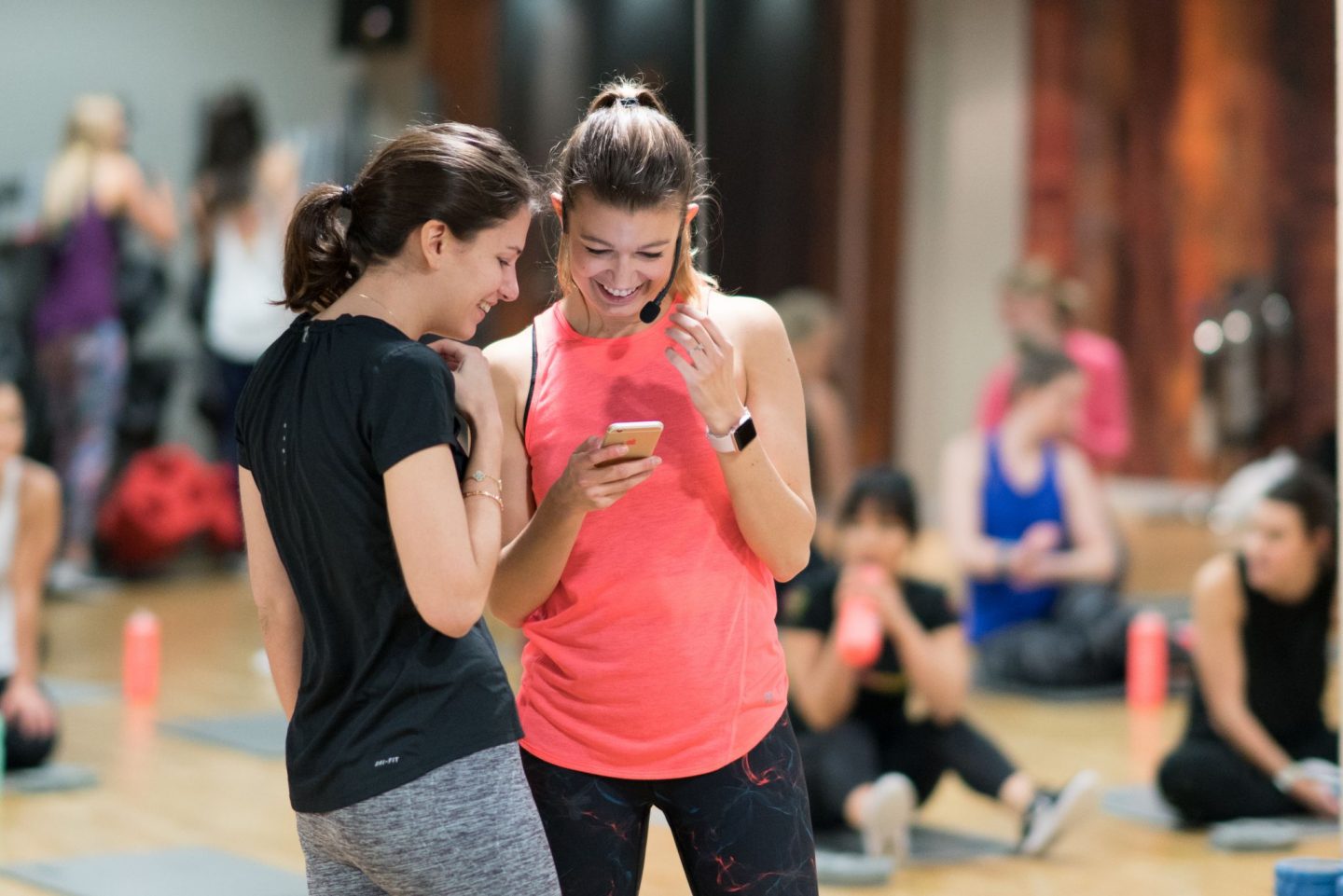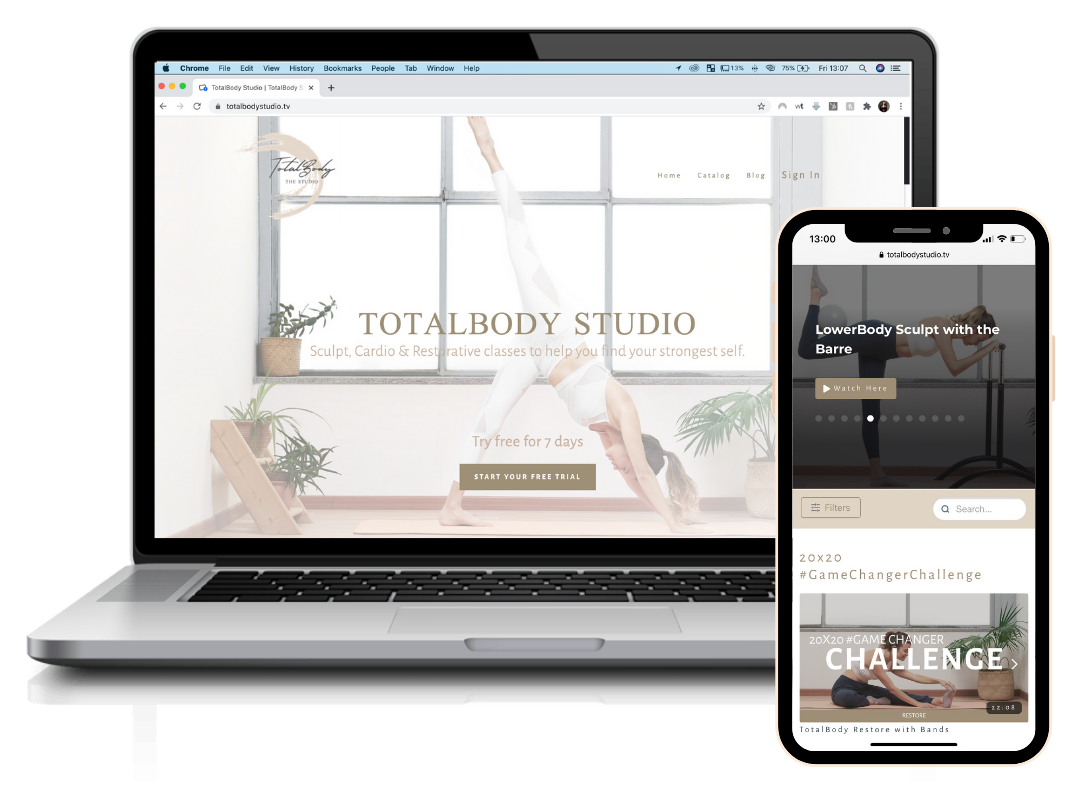
Is your phone the last thing you see before closing your eyes at night or/and the first thing you reach for in the morning? Yep, I hear you. Phones have become part of our everyday life so much that reaching out to them to check our notifications is a habit we don’t even realise we have. Unfortunately, that sneaky social media check at bedtime might be doing more harm than you thought. You might have heard by now that technology can cause problems with sleep habits. Let me explain how it can actually affect you.
Fewer hours of sleep
When watching TV, looking at the computer screen or using tablets or phones at night, the blue light emitted by the screen can affect your body. How? Restrain the production of melatonin, the hormone that controls your sleep/wake cycle or circadian rhythm. In other words, it sends signals to the brain that it is still day and not the time for bed, so not time to wind down yet. In time, this can affect your body clock and cause your brain to misinterpret whether it should be awake or getting sleepy.
Using a device before bed (or worse, while in bed) will eventually translate that you won’t get sleepy until late at night. Meaning if you are still getting up early each day, that you won’t get enough sleep and feel tired and lethargic the next day.
Affect the sleep quality
It may seem harmless to answer a few emails before bed or unwind with a good movie, but by keeping your mind engaged, technology can trick your brain into thinking that it needs to stay awake. And if you’re surfing the web, seeing something exciting on Facebook, or reading a negative email, those experiences can make it hard to relax and you might end up tossing and turning in bed and being unable to fall in deep sleep.
Wake you up during the night
If you always fall asleep with the phone on your bedside table, or you use your phone as an alarm you may want to make sure you turn off the notifications. Keeping the phone within reach can still disturb slumber, thanks to the sound of late night texts, emails, calls, or calendar reminders.
Here’s something to think about: blue light is so effective at keeping people awake, it has been used in factories and workplaces with regular night shifts. Studies have actually shown blue light can boost reaction times and our attention level. That’s why it really has no place in your bedroom when you’re trying to sleep!
5 Tips to sleep better:
- Try to have a regular bedtime routine and give yourself at least 30 minutes of gadget-free transition time before hitting the hay.
- Use night-time settings to reduce the blue light (this light has the biggest impact on receptors) on electronic devices.
- If you use an e-reader at night, change the settings so the page is black with white text or go old school and read only paper books before bed.
- Turn the phone off before you go to bed, or turn notifications off so your sleep isn’t disrupted during the night.
- Try to avoid using your phone or tablet in bed: you could make your bedroom a technology-free zone

